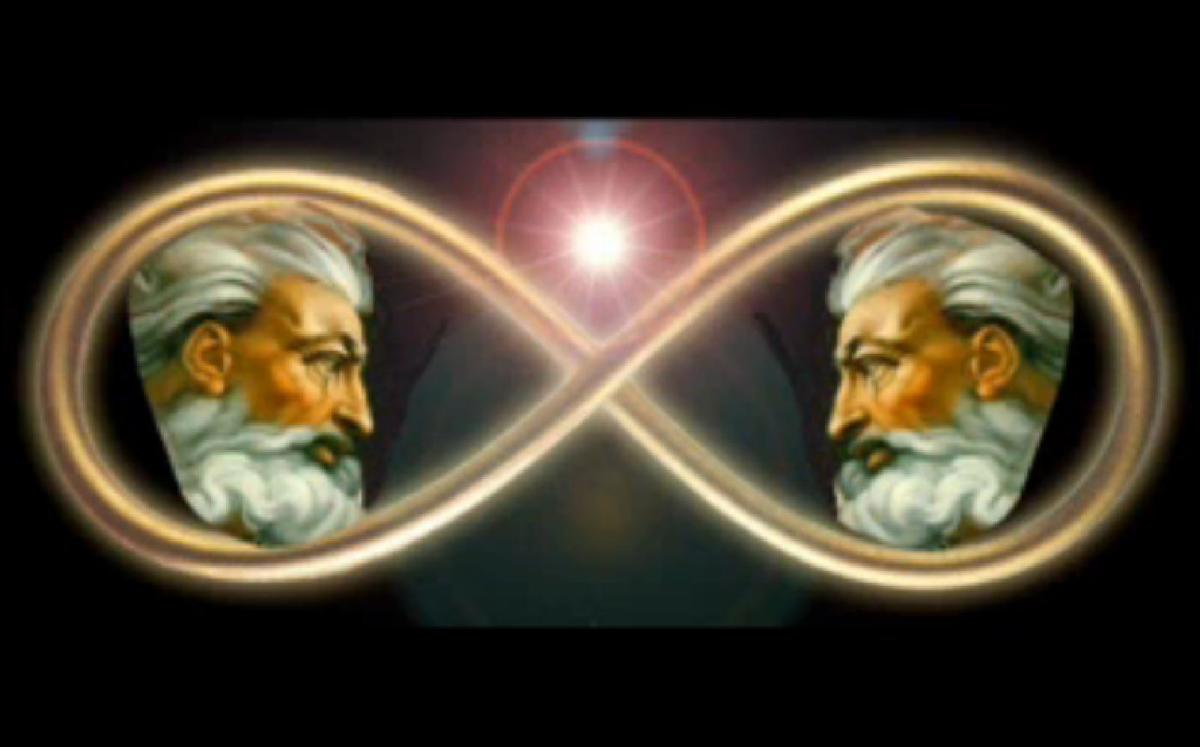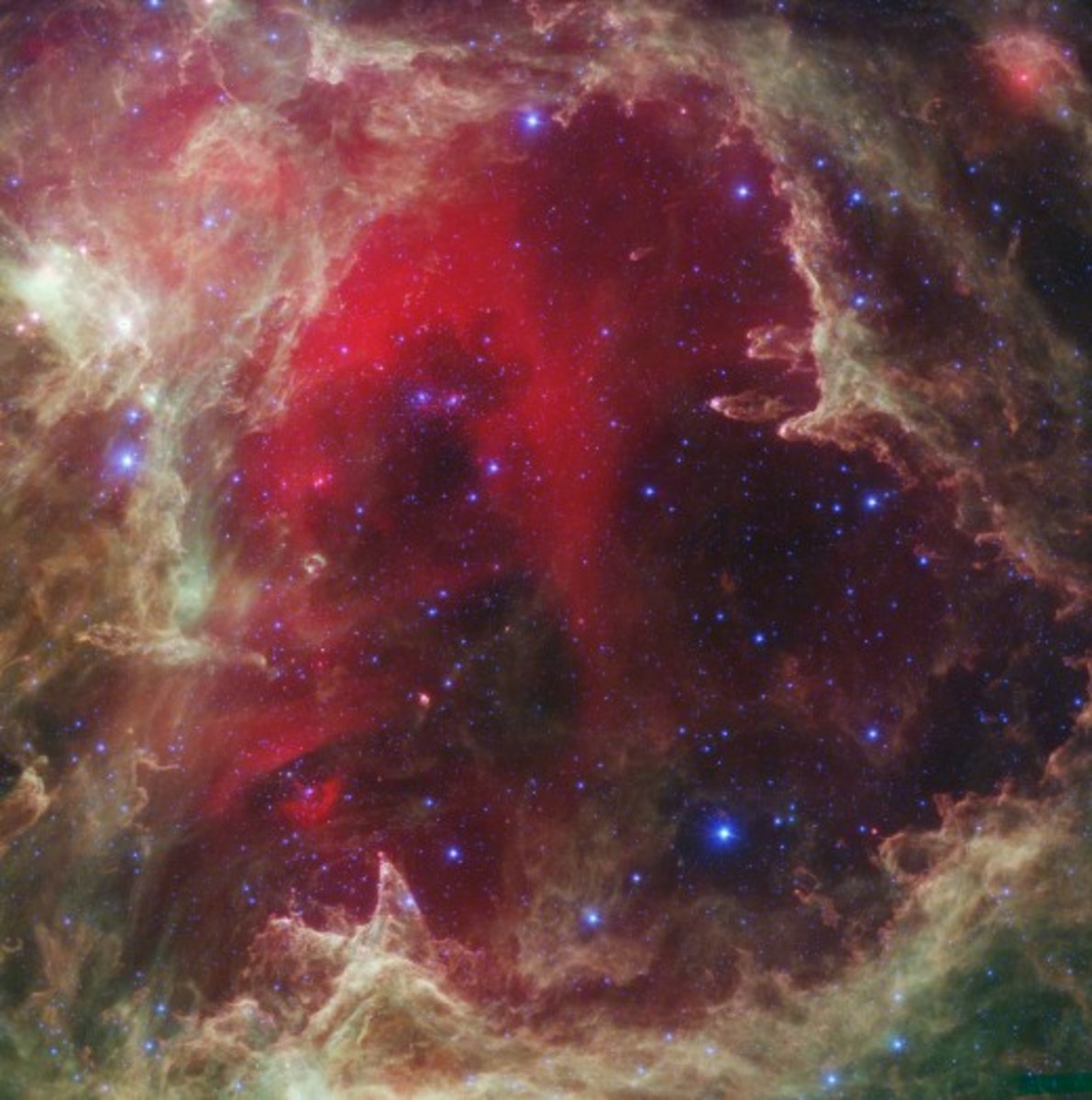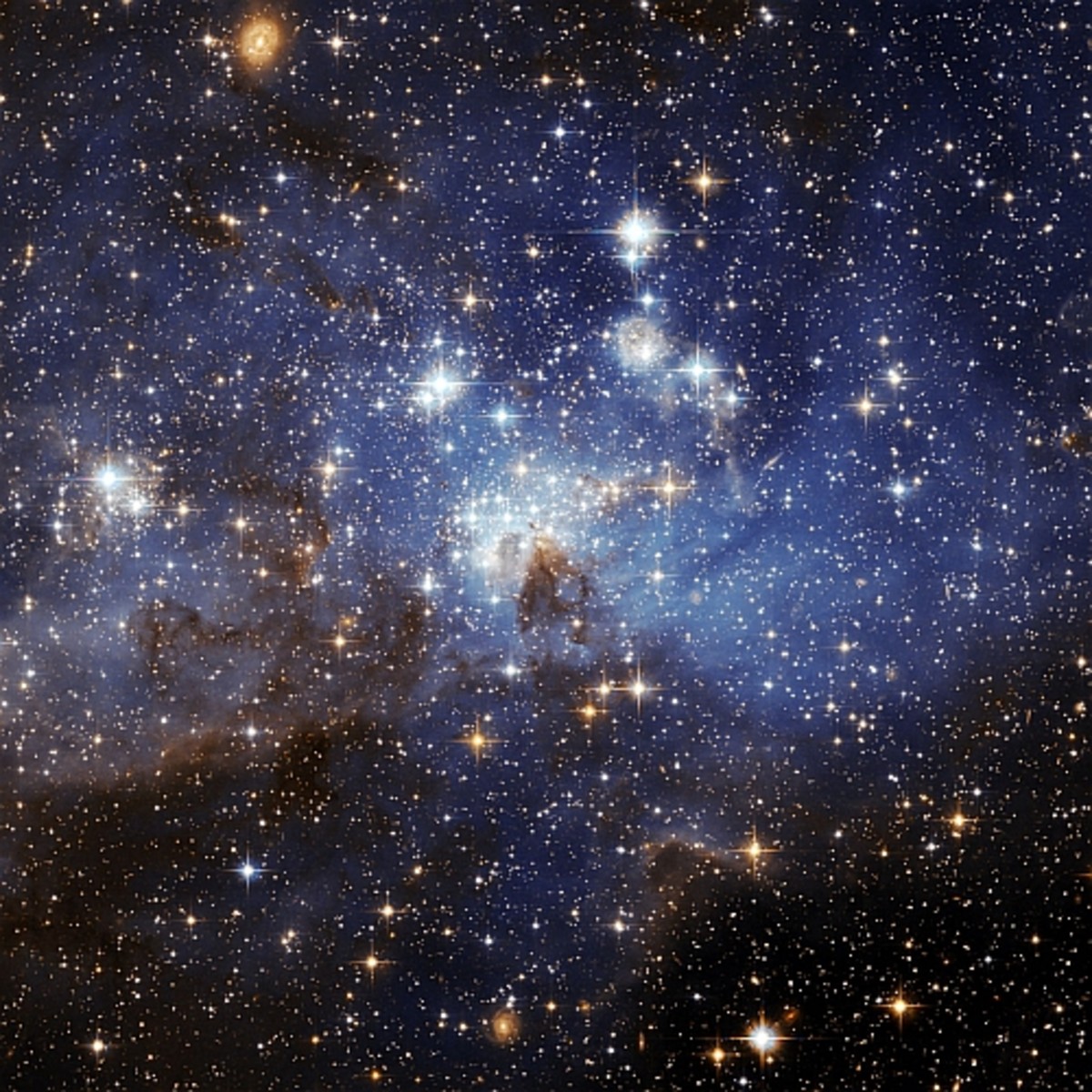Is the Universe Like "the Matrix"?
A simulation?
If you're having trouble falling asleep at night, here's one of my favorite things to think about: could we be living in a simulated universe? This wild idea might not be quite as crazy as it seems, considering a few factors we'll take a look at here. It's one of the classic questions of philosophy, and will one very notable exception, I'll avoid the philosophical "what is reality?" debate entirely here, instead focusing on why it might be possible, and what type of simulation we might be living in. I hope you enjoy thinking about this nearly as much as I do!
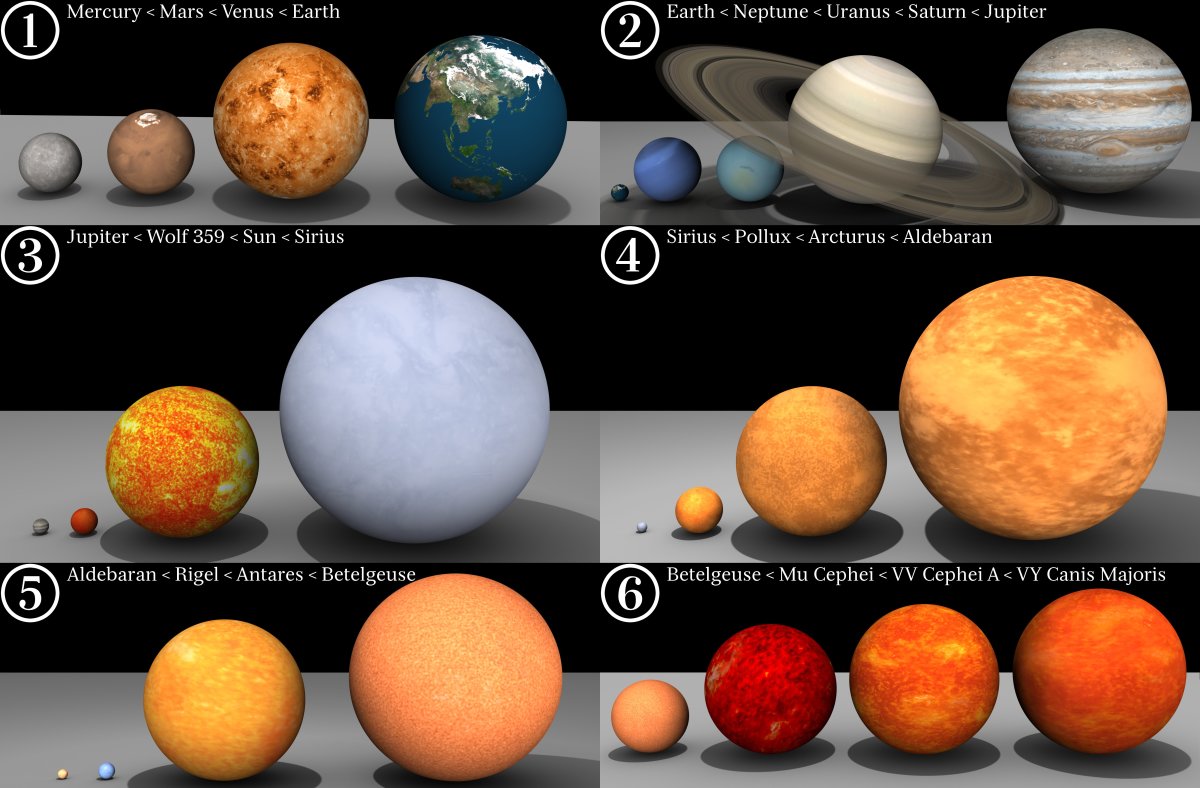
Three things that might convince you
As mentioned, this mind-blowing idea might seem utterly farcical to some, but I'm going to present three things that might change your mind (or, if nothing else, might let you look at things through a different lens and from a different point of view, which works for me):
- The possibilities might be literally endless within our universe (or other universes)
- There are actually ways to very roughly estimate how a simulation might be achieved
- There are reasons why such a universe might be created
In addition, such a simulated universe would actually help to explain certain aspects of the reality we experience. I'll touch on all of these ideas here. As always, I welcome feedback, so please do feel free to leave me a comment below!
Infinity

Infinity
How big is infinity? This is the question we have to start with in order to understand how vast the cosmos just might be (after all, in spite of everything we know, we simply have no idea whether the universe is finite or infinite). Infinity is bigger than anything we can imagine, clearly, and it's actually kind of confusing even for mathematicians and physicists to think about. If you have twice as many infinities, is that really such a thing? Mathematics says yes, but intuition and understanding say, huh?
You could start by considering that our own universe is utterly infinite. There's an infinite amount of matter in it, and no matter how far you go in one direction, you're going to just keep going. That is one possible scenario, one we don't know is correct, but one that you can actually visualize some of the consequences to, even if you can't imagine infinity itself. Alternatively, you could imagine that there are an infinite number of universes, a part of the multiverse theory often discussed nowadays. Either way, although it's not quite exactly the same thing, for our purposes we can assume that it's the same.
By way of analogy everyone can grasp right away, if there's an infinite number of pizzas in an infinitely large room, you'll find a pizza with anything you can imagine on it (anything that is possible within the laws of physics). You'll find a pizza with cotton candy as a topping, and one with nails and bolts, one with another pizza on top of it, and one with pepperoni and onions (pepperoni and onions all of a sudden sounds amazing, doesn't it?). After some time, you'll even discover identical sets of all of these pizzas. In fact, you'll discover an infinite number of identical pizzas, and an identical number of almost identical pizzas. You'll find not only more than a billion billion billion cotton candy pizzas, but you'll also find more than a billion billion billion cotton candy pizzas with one pepperoni, and more than a billion billion billion pizzas with cotton candy and one and a quarter pepperonis, and so on.
As awesome as pizzas are, we're talking about matter in a more general sense here. In a universe that is infinite (or in an infinite set of universes), you're going to find an infinite number of identical copies of you, an infinite number of almost identical copies of you (ones with, say, three eyes instead of two), and yes, an infinite number of complete universes.
Whoa!

Mind = blown
Given an infinite number of universes where anything that can happen, does happen (and not only once, but an infinite amount of time!), is it possible that a simulation universe could be created?
Yes, it is.
The startling conclusion based on this is that if our universe is infinite, then not only is it possible that there might be simulations of other universes going on within them, but there must be such simulated universes. If it is possible to create a simulation, then such a simulation has been created. Further, if it is possible to create a simulated reality that is every bit as convincing as the "reality" we think we see every day, then it has not only happened, but it has happened an infinite number of times.
I'll say it again in another way: there are an infinite number of simulated universes out there with sentient individuals living in them, if it is possible within the laws of physics (and the universe is infinite, or there are an infinite number of universes).
Vote
Is there any chance that we are living in a simulation?
Computing power
How powerful would such a computer need to be in order to simulate the entire universe, though?
Before we get too far into this discussion, it's worth pointing out that you might not actually have to simulate the entire universe, actually. In fact, you could likely get away with just simulating whatever all of the human beings see. It might even be simpler than that, because it's conceivable that not all humans are sentient. Going back to the ever-familiar "brain in a jar" (or "Matrix") scenario, you might actually be able to get away with only one person experiencing the universe. How do you, for instance, know everyone else experiences any sort of reality other than being a part of the computer program? I know full well that this conversation borders on philosophy, and if that's your thing, check out this conversation I had with my friend Ben. For the purposes of this discussion, though, we'll limit things to wild speculation on the scientific front.
But what if the whole universe really was a simulation, for the reasons described above? How much computing power might you need?
The ultimate computer
"A quantum computer no bigger than a laptop has the potential to perform the equivalent of all human thought since the dawn of our species in a tiny fraction of a second."
-Brian Greene, "The Hidden Reality"
The above quote, from physicist Brian Greene, who loves to explain complex concepts in layman's terms (and he's really good at it), gives a glimpse at how powerful a computer might conceivably be. Again, going back to the concept of an infinite universe (or, more broadly, an infinite collection of possibilities), then the ideal computer does exist, no matter how vast. However a set of atoms could possibly be combined in order to create the ideal computing machine, it is out there right now, and there are an infinite number of them out there right now computing away.
In order to simulate one human brain, which may be a good baseline to begin with, we'd need to be able to perform more than 100 million MIPS (Million Instructions Per Second), a number typically derived from calculating the number of physical connections in the human brain. We are pretty much at the point in supercomputing that today's fastest computers have reached this point, and given that we have reached them, we strongly believe that much, much, much more is theoretically possible (and very likely) for humanity to achieve in the near future.
What about a much more advanced species? What about random combinations of elements out there that could be much more advanced than what we have today? You can bet that, if the universe is infinite, a computer could easily simulate all human brains, without even breaking a sweat. Simulating the environment surrounding these brains would also be child's play.
But what about simulating an entire universe, or creating one from scratch?
The unimaginable vastness of our universe, via the Hubble telescope

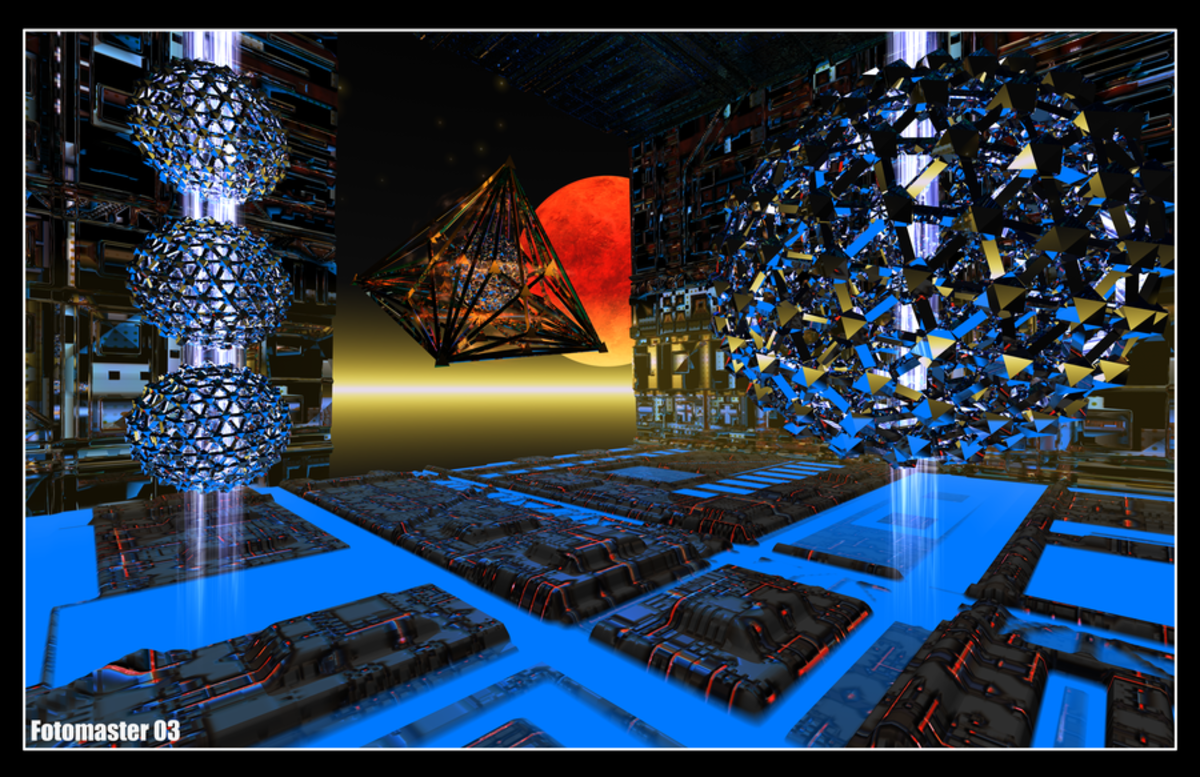
Why create a universe?
Assuming such a thing was theoretically possible, what possible motivation could our hypothetical untra-advanced civilization (gods to us, no doubt) have for creating an entirely new universe? Let's suppose that, through some kind of galactic scale particle accelerator (like the LHC on multiversal steroids), a bubble universe could be created by intelligent entities. The question becomes, then, why? Here are two possible reasons:
- Playing God.
- Supercomputing power beyond our wildest dreams. Exponential acceleration's endgame. Link to evolution/acceleration articlay.
I think the "playing God" scenario is not only conceivable for most of us, but something with which we have first hand experience. If you've ever played with ants and a magnifying glass, you know exactly what I'm talking about.
What about supercomputing, though? It is conceivable that our universe itself has been built for the sole purpose computation. If you're familiar with the exponential growth of technology and its accelerating pace, then you immediately understand that, within the next hundred years or so, we'll reach the point where we need to grow beyond the earth itself in order to do more and more computations. There simply won't be enough raw material here on earth in order to do the computations we need to do, so we'll seek them out elsewhere. Once we reach the edges of our solar system in another few decades or so, it is our ultimate destiny (perhaps, in one person's vision) to use the universe itself as a computing device. But the universes itself may not be enough, and we may need to create new universes in order to do more computations. This may well be where we're living right now (it's actually a possibility we cannot rule out).

